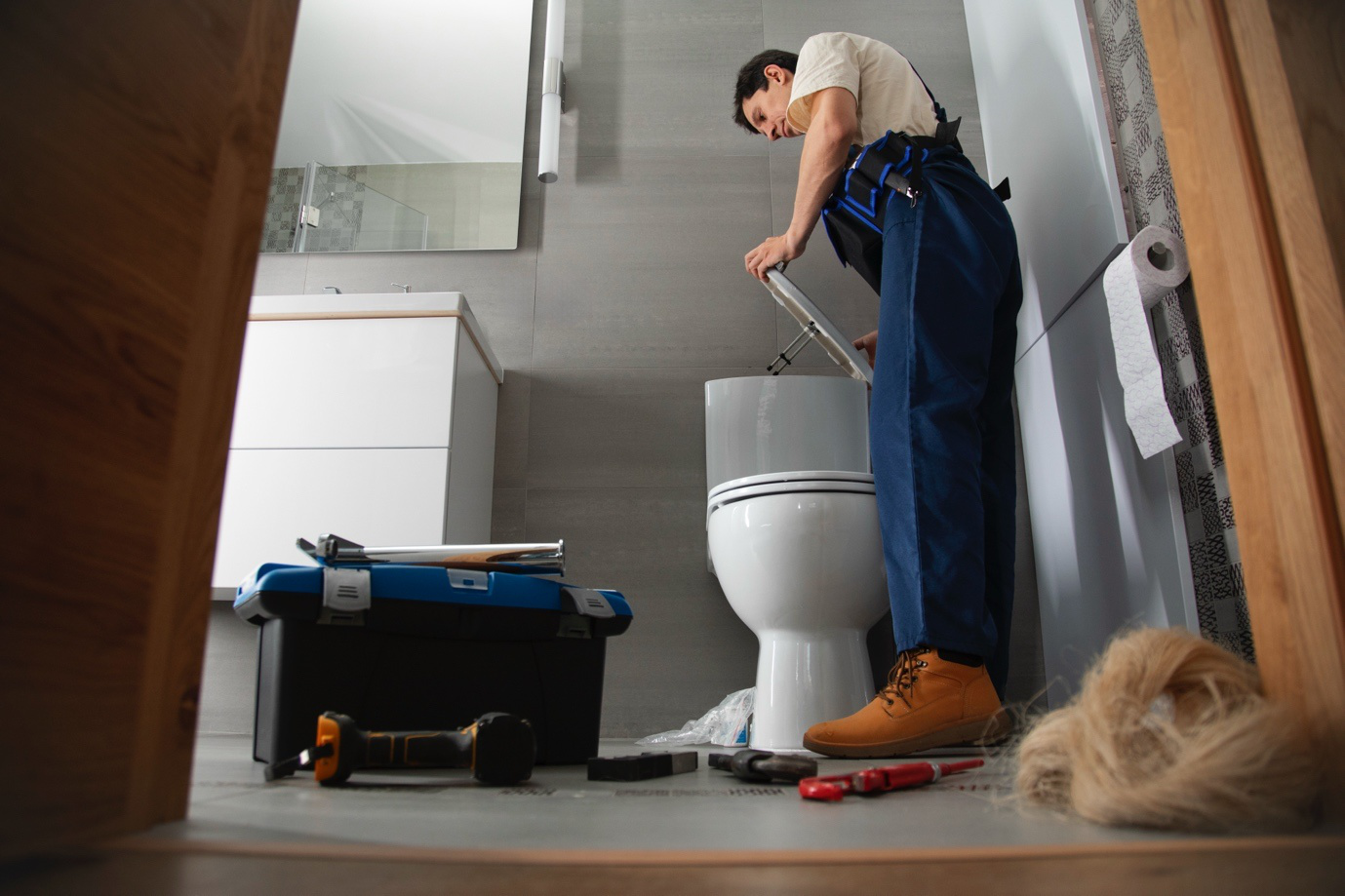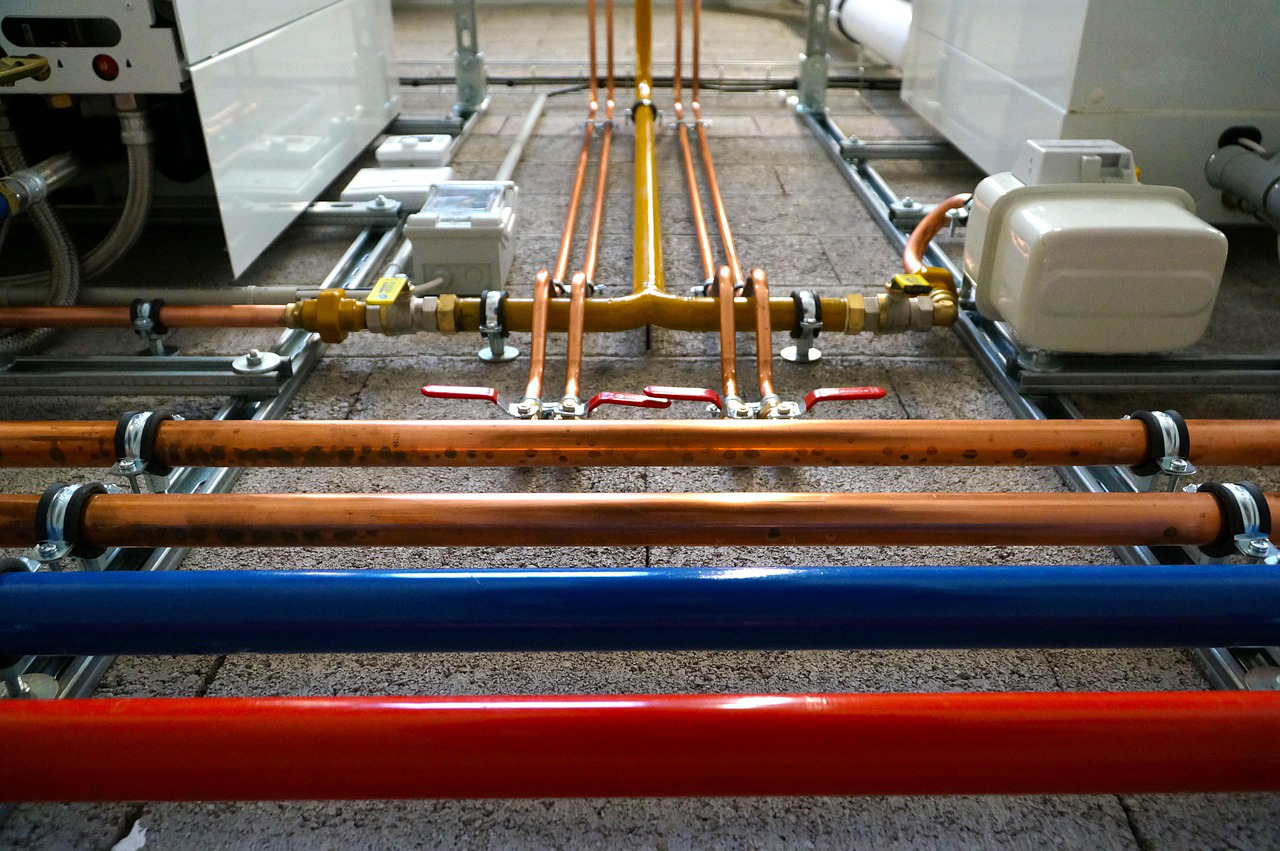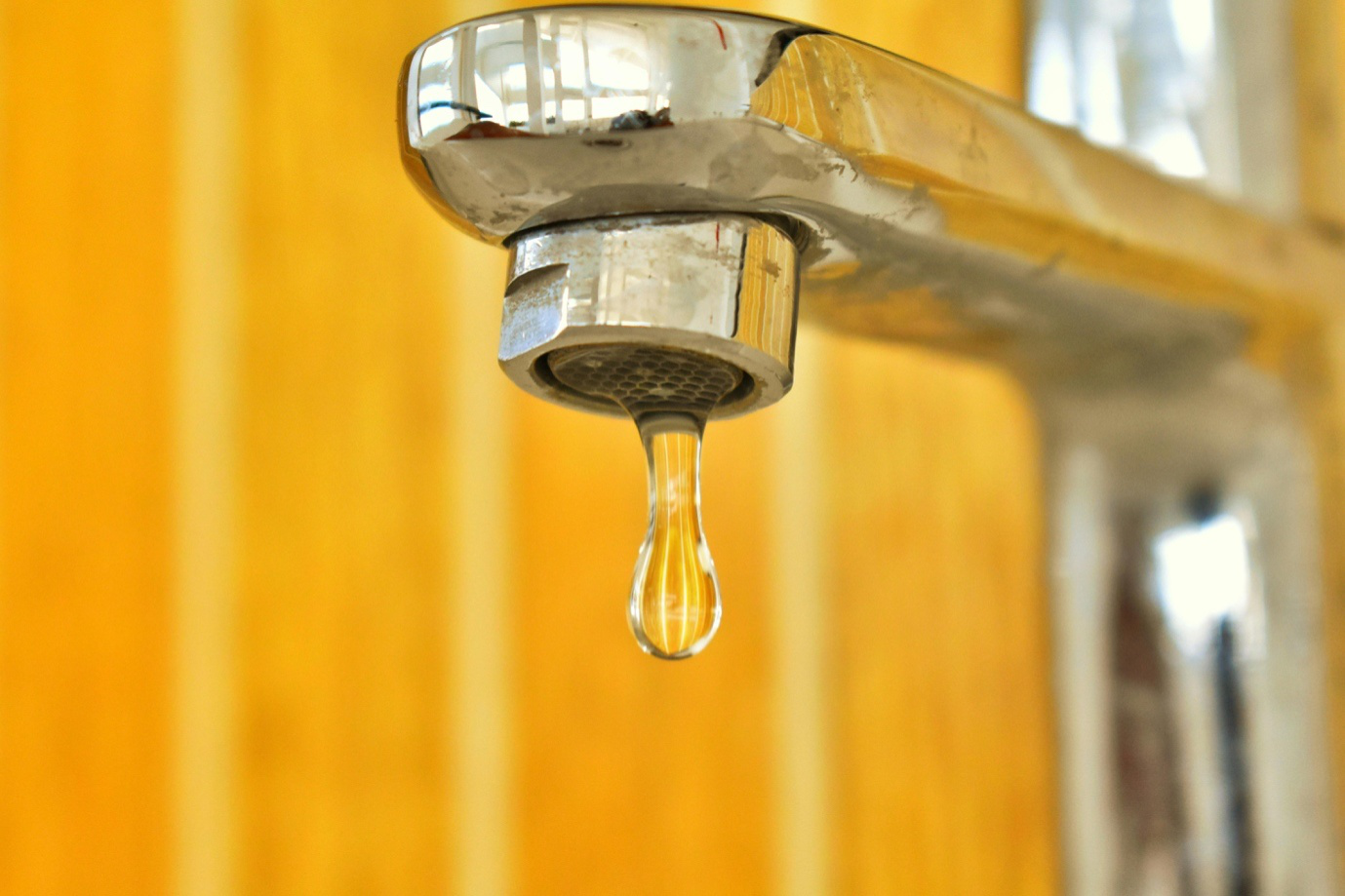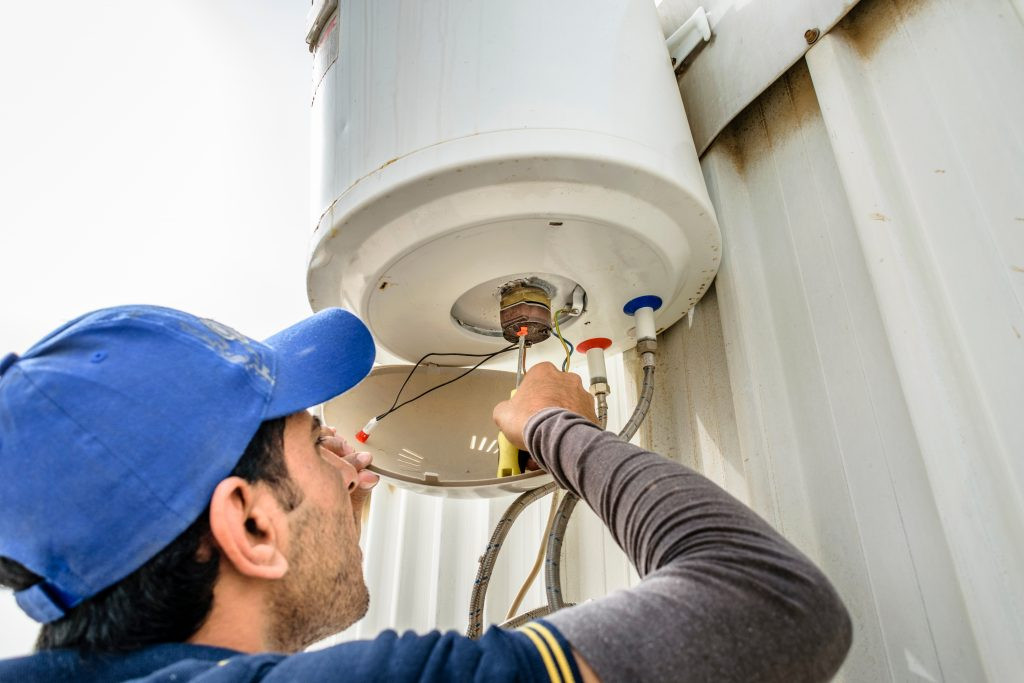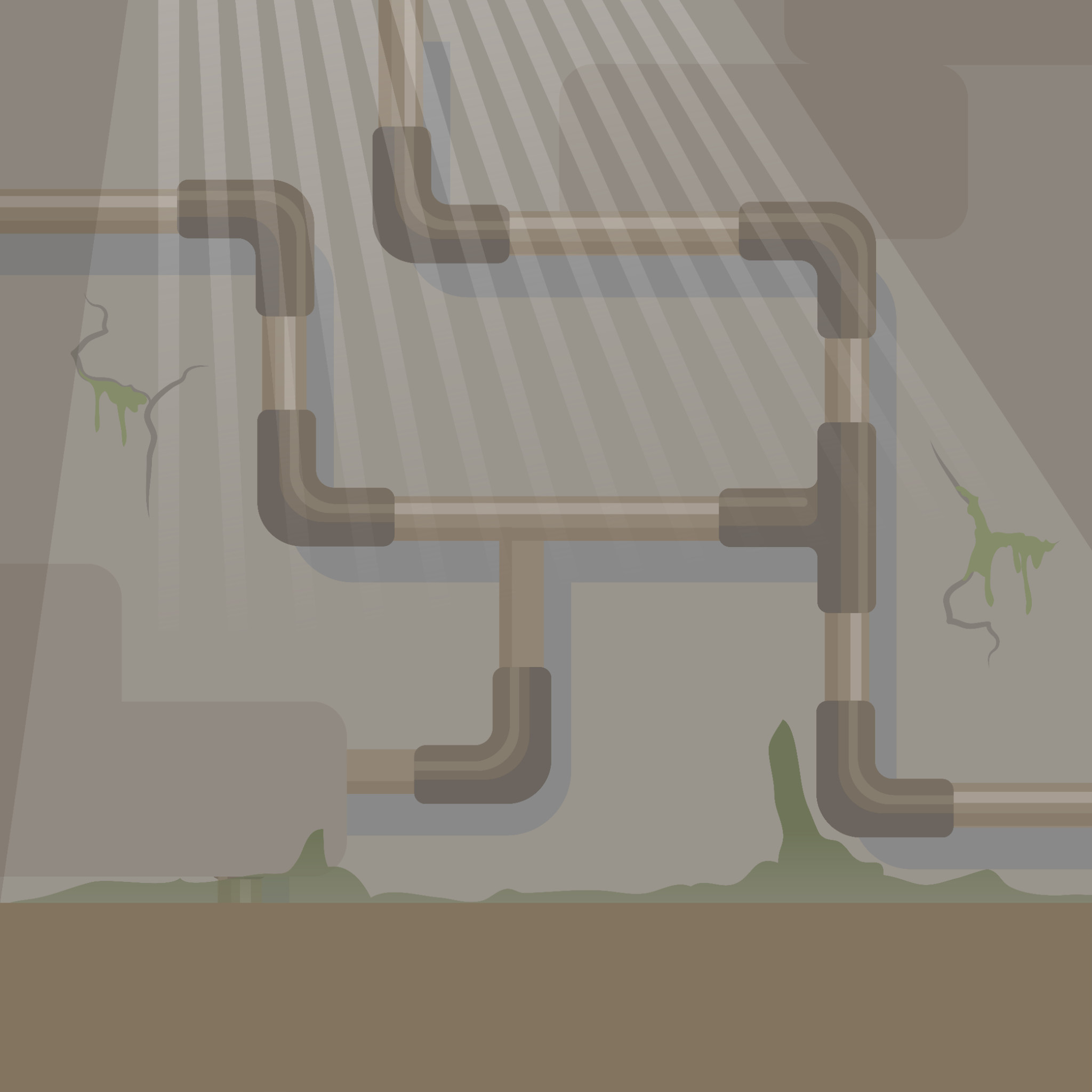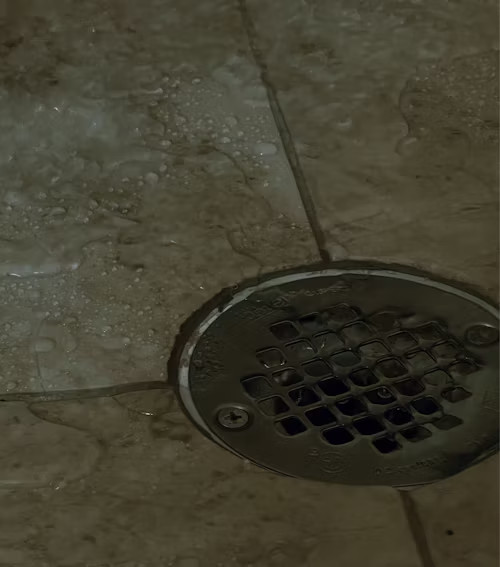Unexplained dry skin? Appliances breaking down sooner than expected? These subtle signs may point to a common but often overlooked household issue: hard water. Found in many Massachusetts homes—especially in cities like Boston, Quincy, and Brockton—hard water is rich in minerals like calcium and magnesium that can wreak havoc on your plumbing and everyday comfort.
Over time, mineral buildup from hard water can lead to serious plumbing problems, from clogged pipes to premature wear on water heaters and dishwashers. It also affects your daily routine, leaving laundry dull, skin dry, and hair brittle. Fortunately, a water softener’s a reliable solution to these frustrations.
In this guide, we’ll break down the real impact of hard water and explain how a water softener can help protect your home’s plumbing, extend the life of your appliances, and improve your water quality—all while saving you money in the long run.
What Is Hard Water and Why Is It a Problem?
Hard water is simply water that contains a high concentration of dissolved minerals, primarily calcium and magnesium. While these minerals aren’t harmful to your health, they can significantly impact your home’s plumbing and water-related appliances.
Many regions across Massachusetts, especially older cities with aging infrastructure like Boston, Cambridge, and Quincy, are known for having hard water. You might not see it, but its effects appeardaily: soap that doesn’t lather well, white spots on dishes and glassware, and persistent residue in sinks and tubs. These are all red flags that minerals are building up in your plumbing system.
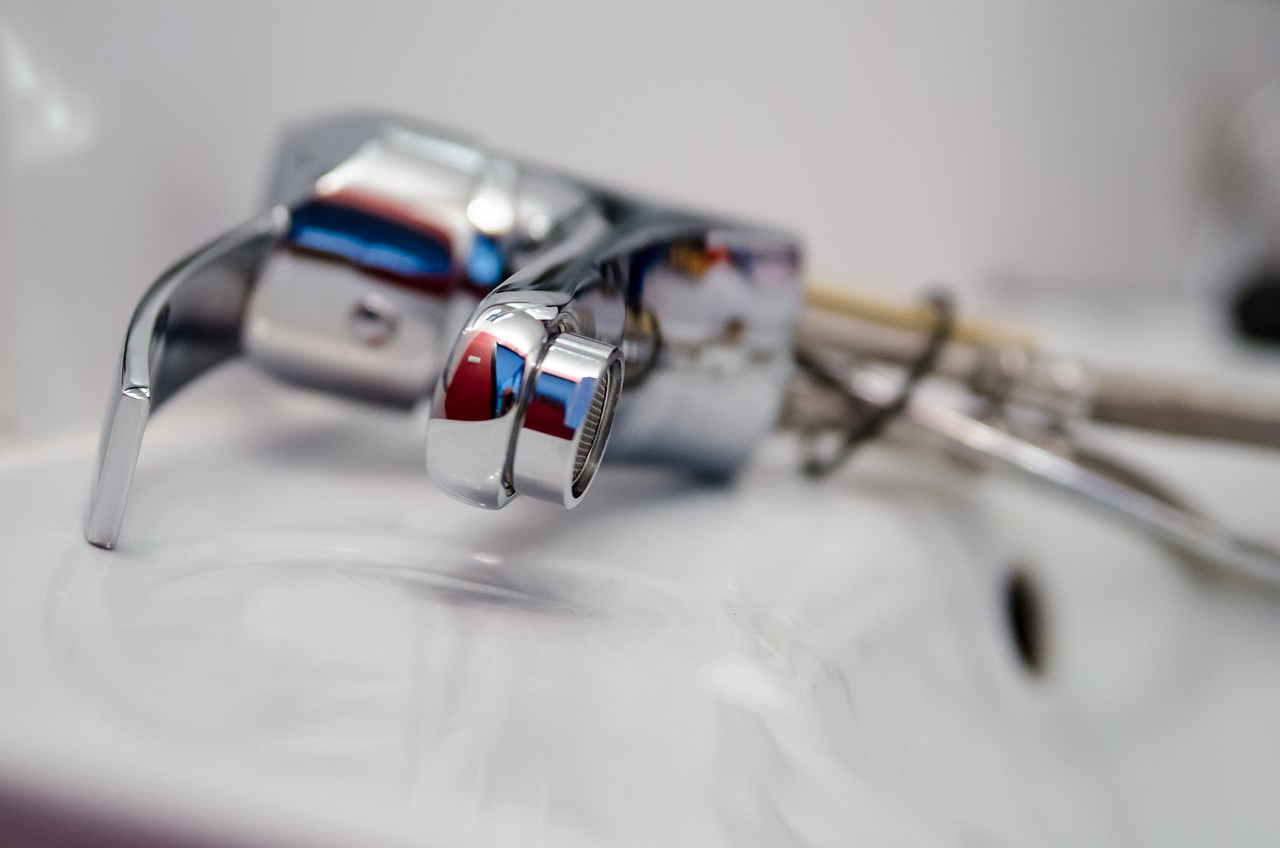
Over time, this mineral buildup—also known as scale—can restrict water flow, damage internal components of appliances, and lead to expensive plumbing problems. Even your morning shower isn’t immune: hard water can dry skin and dull hair, making personal care products less effective.
Understanding the causes and signs of hard water is the first step in preventing long-term damage. And as you’ll learn in the next section, installing a water softener can be the key to reversing these problems before they escalate.
How Hard Water Affects Your Plumbing System
You might not see it happening, but hard water can cause significant and costly plumbing problems inside your home. Over time, minerals like calcium and magnesium cling to the interior of your pipes, forming a hard, chalky scale that gradually restricts water flow. This buildup isn’t just annoying—it’s damaging. In cities like Boston, Brockton, and Quincy, where older plumbing systems are common, hard water is a leading cause of recurring issues like low water pressure, slow drains, and corroded fixtures.
In extreme cases, the scale can block pipes entirely, causing backups that require professional intervention, such as drain cleaning or even sewer line repair. Water heaters are especially vulnerable. Scale buildup inside the tank makes them work harder, reducing efficiency and accelerating wear, which is one reason water heater repair and water heater replacement in Boston are frequent service calls.
Hard water doesn’t just affect pipes—it also damages faucets, showerheads, and appliances. Mineral deposits clog aerators and coat internal components, forcing your fixtures to work harder and wear out faster. For homeowners in Brockton, Quincy, or Brookline, this often leads to repeat calls for a plumber or emergency plumbing service in Brockton when a fixture suddenly fails.
The Effects of Hard Water on Appliances and Daily Life
The impact of hard water isn’t limited to pipes—it reaches nearly every corner of your home, from the laundry room to your morning shower. Over time, mineral buildup can silently damage your most-used appliances and disrupt your daily routine in ways you may not immediately connect to water quality.
For instance, hard water could be the culprit if your dishwasher or washing machine isn’t cleaning as well as it used to. The minerals in hard water leave behind residue that dulls glassware, stiffens clothes, and causes detergents to underperform. Residents in Boston and Quincy often report needing more soap, cycles, and time, resulting in higher water and energy bills. In these cases, a water softener helps appliances run more efficiently and last longer by preventing internal scaling.
Hard water can also reduce the efficiency of your water heater, forcing it to heat through layers of mineral deposits. It raises your utility bills and can lead to premature breakdowns. It explains the high demand for water heater repairs and installation. Replacing an appliance is far more costly than preventing the damage in the first place.
But the effects aren’t just mechanical—they’re personal, too. Many homeowners in Brookline and Braintree experience dry skin, brittle hair, or an itchy scalp caused by frequent exposure to hard water. Soap and shampoo don’t lather properly, leaving behind residue that irritates your skin. If you’re spending more on moisturizers or hair care products but still not seeing results, the real solution could be a water softener.
Key Benefits of Installing a Water Softener
Installing a water softener offers long-term protection for your plumbing system. It prevents scale buildup in pipes and appliances, reducing the need for frequent repairs like drain cleaningor water heater replacement. Homeowners immediately notice softer skin, cleaner dishes, and lower energy bills. For residents in Quincy, Brookline, or Cambridge, it’s an innovative solution to extend appliance life and improve overall water quality. With fewer clogs and better performance from your fixtures, a water softener helps your home run smoothly and saves you money over time.
Is a Water Softener Right for Your Home?
A water softener could solve your home’s needs if you’ve noticed cloudy glassware, dry skin, or recurring plumbing issues. It’s beneficial in areas like Braintree, Brockton, and Boston, where hard water is common. Homes with frequent clogs, reduced water pressure, or early appliance failure often benefit most. Even newer homes can experience mineral buildup over time, leading to expensive repairs. A licensed plumber can evaluate your water quality and recommend the best system. If you’re dealing with repeat calls for plumbing service or an emergency plumber in Boston, it’s time to consider softening your water.
Why Trust Emma Plumbing and Drain Services
With over 15 years of experience, Emma Plumbing and Drain Services is the trusted choice for water softener installation and plumbing solutions across Boston, Quincy, Brockton, and surrounding areas. Our licensed professionals provide upfront pricing, 24/7 emergency service, and expert care tailored to your home’s needs. Whether you’re dealing with mineral buildup, low water pressure, or appliance wear, we offer long-term fixes, not quick patches. We’re known for fast, reliable service, from water heater repair, to drain cleaning in Braintree MA. Let our team protect your plumbing with top-quality installation and personalized support, backed by a satisfaction guarantee.
Hard water can quietly damage your plumbing, appliances, and daily comfort, but a water softener offers a robust, long-term solution. From preventing costly plumbing problems to improving your skin, hair, and water quality, it’s a wise investment for any home in Boston, Quincy, or Brockton. Don’t wait for buildup to cause significant damage.
Contact Emma Plumbing and Drain Services today for expert installation, honest pricing, and fast service. Whether you need residential plumbing help or a complete soft water system, we’re here to help.
Call now for a free quote, and start enjoying the benefits of soft water.

